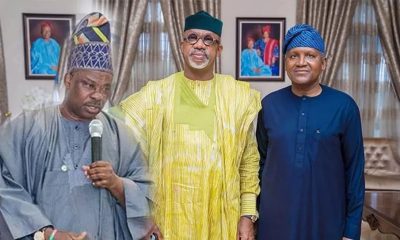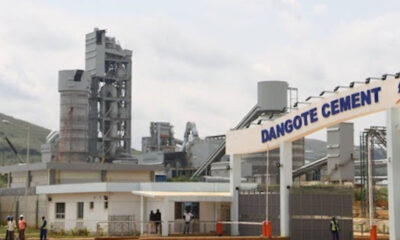Business
IOCs, govt still colluding to frustrate our refinery operation – Dangote
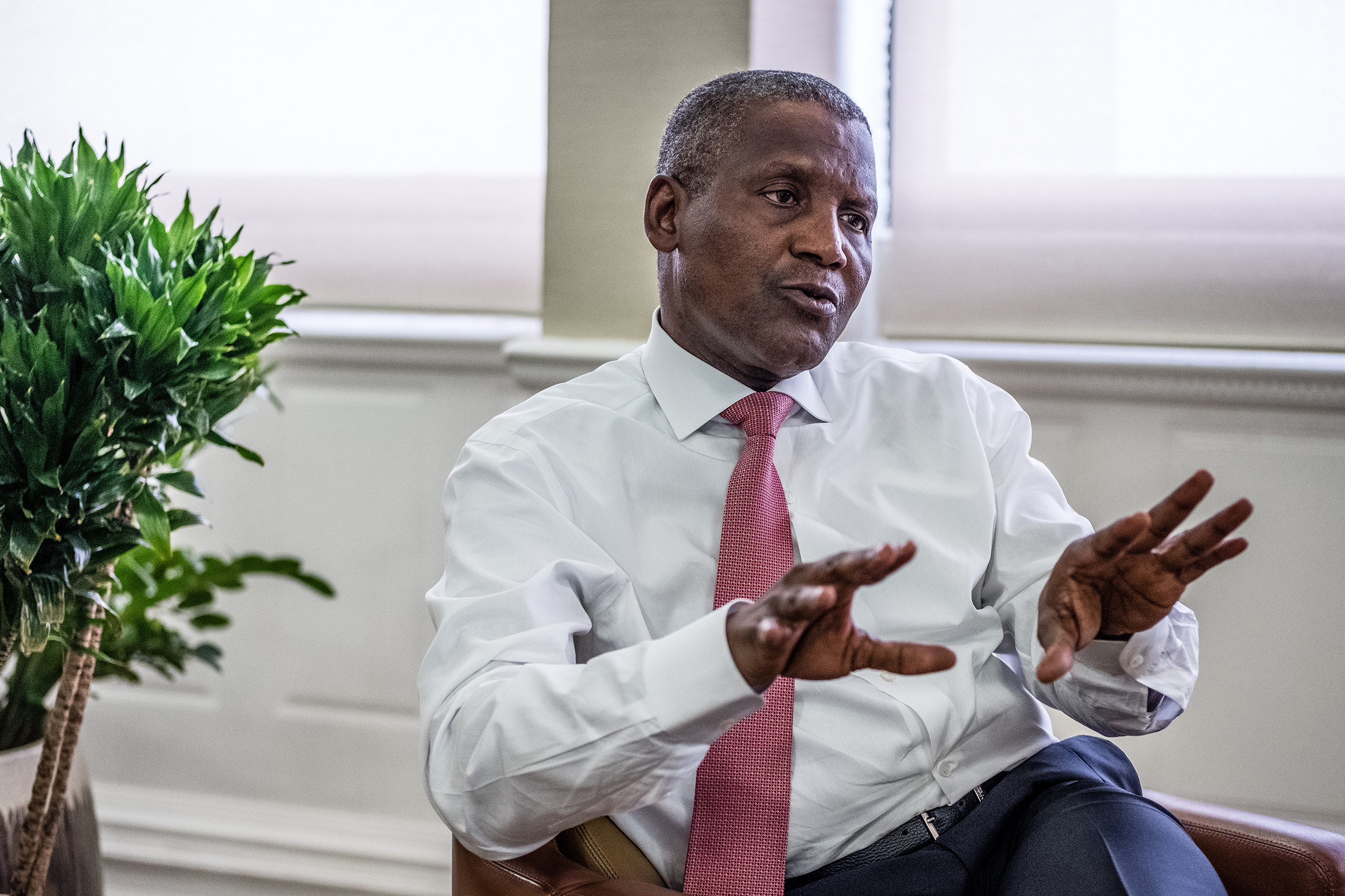
IOCs, govt still colluding to frustrate our refinery operation – Dangote
The President and Chief Executive of Dangote Group, Aliko Dangote, has said internal and external forces are frustrating efforts to get his refinery working optimally.
He particularly indicted the Nigerian Upstream Petroleum Regulatory Commission (NUPRC) and the International Oil Companies (IOCs) in this latest move to frustrate the operation of his $20 billion refinery.
In a statement on Friday, Africa’s richest man disclosed that the Dangote Refinery’s crude oil supply problem lies with the NUPRC and IOCs in Nigeria.
The statement is a rebuttal to a report that the NNPC supplies Dangote Refinery with about 60 percent of the 50 million barrels lifted.
In the statement, Dangote noted that the primary challenge facing the refinery is NUPRC’s reluctance to enforce domestic supply obligations by IOCs in Nigeria.
READ ALSO:
- Olympics: Nigeria 4x400m men relay team disqualified
- Osun PDP members accuse Osun gov’s sister of imposing LG candidates
- We eliminated 108 terrorists, 19 vehicles, 44 motorcycles recovered in one week – DHQ
He explained that when Dangote Refinery approached the IOCs for crude supply, they either redirected the company to a third party or responded that their cargoes were committed.
“Our concern has always been NUPRC’s reluctance to enforce the domestic crude supply obligation and ensure that we receive our full crude requirement from NNPC and the IOCs.
“For September, our requirement is 15 cargoes, of which NNPC allocated six. Despite appealing to NUPRC, we’ve been unable to secure the remaining cargoes.
“When we approached IOCs producing in Nigeria, they redirected us to their international trading arms or responded that their cargoes were committed,” he said.
Recall that in July 2024, the NUPRC directed oil refiners in the country to provide monthly price quotes on crude supply to address the challenges facing Dangote Refinery.
In a move to address the crude supply challenge faced by Dangote Refinery, President Bola Tinubu directed NNPCL to sell crude in Naira to the company and other local refineries.
However, as of the time of filing this report, Tinubu’s directive is yet to be implemented.
IOCs, govt still colluding to frustrate our refinery operation – Dangote
Aviation
Aviation workers threaten nationwide airports shutdown over Customs officer assault

Aviation workers threaten nationwide airports shutdown over Customs officer assault
Aviation unions have announced plans to shut down airports across Nigeria starting March 31 in protest against the failure to remove a customs officer who allegedly assaulted the Director of Aviation Security at the Federal Airports Authority of Nigeria (FAAN).
In a joint statement signed by Ocheme Aba (NUATE), Frances Akinjole (ATSSSAN), and Abdul Rasaq Saidu (ANAP), the unions condemned the repeated physical assaults on FAAN staff, vowing not to tolerate such incidents any longer.
The unions also called on the government to urgently reduce the number of customs officers operating within the aviation sector, aligning with global best practices. They warned that if their demands are not met, they will proceed with the nationwide shutdown, potentially disrupting air travel and operations.
The statement reads: “Considering the enormity and frequency of physical and psychological assault on the staff and management personnel of FAAN, of which there is no end in sight, we are compelled to inform the management of the unwavering determination of our unions to cause the establishment of a clear framework of mutual respect among FAAN staff and the security agencies operating at the airports.
READ ALSO:
- Over 100 suspects arrested in Abuja Ponzi Scheme Academy raid
- Again Obasanjo accuses federal lawmakers of bribery
- FG to pay corps members backlog of delayed N77,000 allowance
“Consequential sanctions are in place which guarantee the safety and human rights of FAAN staff. We shall direct all the workers to withdraw from the airports with effect from March 31, 2025, pending when such protocols are established.
“The recent assault on no less a personality than the Director of Aviation Security of FAAN is one too many, which leaves a taste too bitter to swallow. It is our sincere hope that our demand in the above respect is well met to avoid the industrial conflagration that will ensue in the absence of acceptable remedial actions.”
In response, Abdullahi Maiwada, the spokesperson for Customs, stated in a recent release that the disagreement between FAAN officials and officers of the Nigeria Customs Service (NCS) stemmed from a miscommunication over equipment movement and seating arrangements.
Aviation workers threaten nationwide airports shutdown over Customs officer assault
Business
SEC announces stricter measures to protect investors
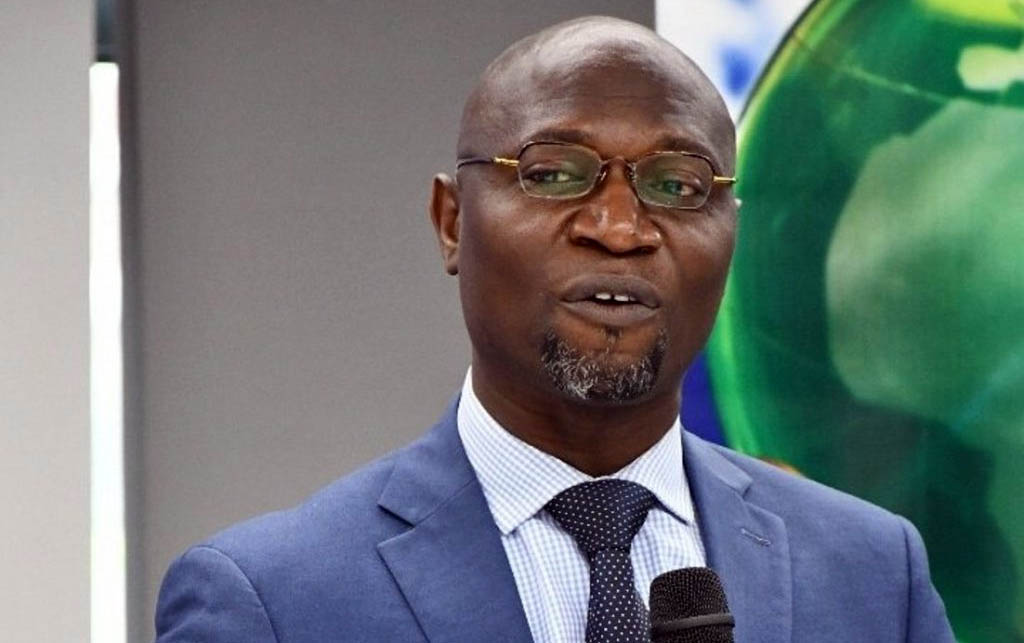
SEC announces stricter measures to protect investors
The Securities and Exchange Commission (SEC) has reaffirmed its commitment to protecting investors in Nigeria’s capital market by cracking down on fraudulent activities.
According to the Director-General of SEC, Dr. Emomotimi Agama, operators engaging in unscrupulous practices will face strict penalties as the Commission prioritizes safeguarding investor interests.
“So, clearly for us, it is getting people to understand that there is no hiding place anymore for anybody that has the intention to defraud Nigerians and to defraud anybody that is investing in this market,” Dr. Agama stated, emphasizing the Commission’s zero-tolerance policy.
READ ALSO:
- Why postgraduate students are ineligible for FG loan – NELFUND
- Bitcoin rises above $86,000 as crypto market gains momentum
- 2 Nigerians in US face heavy jail term over fraud
Dr. Agama highlighted that the Investments and Securities Act (ISA) 2007 serves as the framework for securities regulation in Nigeria, ensuring that market operators adhere to high ethical standards.
He emphasized the importance of the “fit and proper person’s test,” which requires operators to meet specific regulatory criteria to maintain their licenses.
“This is because the very ethics of regulating or registering a securities market operator is in the principle of the fit and proper person’s test,” he explained.
“What you have been seeing most recently by the revocation of licenses, the suspension of operators and our follow-up to operators that are not registered with the SEC is only a tip of the iceberg as to what we intend to do this year.”
Dr. Agama assured stakeholders that the SEC will leverage its regulatory powers under Nigerian law to deter fraudulent activities, noting, “We believe strongly that a protected investor is a powerful investor.”
SEC announces stricter measures to protect investors
Business
Bitcoin rises above $86,000 as crypto market gains momentum

Bitcoin rises above $86,000 as crypto market gains momentum
Bitcoin and other leading cryptocurrencies extended their gains on Monday, buoyed by positive investor sentiment despite concerns over upcoming U.S. tariffs and key economic data releases later this week.
As of 7am WAT, Bitcoin rose 3.2% to $86,590, while Ethereum gained 2.3%, trading at $2,047.
The global cryptocurrency market capitalization increased by 2.94% in the past 24 hours, reaching $2.84 trillion.
Other notable performers included XRP, Cardano, and Dogecoin, which posted gains of 3%, 2%, and 3.8%, respectively. Chainlink, Avalanche, Hedera, and Stellar recorded growth ranging from 3% to 10%.
“Bitcoin is holding above $86,000, registering a 3% gain today. The key resistance level to watch is $86,700; a breakout could pave the way for $90,000,” said Vikram Subburaj, CEO of Giottus.
Bitcoin’s market capitalization surged to $1.727 trillion, with dominance rising to 60.73%. Its 24-hour trading volume soared by 93% to $18.2 billion, while stablecoin transactions accounted for 94.74% of total crypto trading, reaching $57.58 billion, according to CoinMarketCap.
READ ALSO:
- 2 Nigerians in US face heavy jail term over fraud
- Canada denies 13,000 Nigerians refugee status
- Lagos Govt to redesign Oshodi motor park for rail integration
Solana Outperforms Peers Amid Positive Market Sentiment
Solana (SOL) emerged as a standout performer, surging over 7% in the past 24 hours to trade above $139.
The rally was fueled by reports suggesting that President Trump’s April 2 tariffs may be more targeted than initially feared, easing market concerns.
Weekend rumors indicated that the tariffs might include country exemptions and non-cumulative charges on metals, contributing to improved sentiment across global markets.
The Federal Reserve’s projections for two rate cuts this year further supported risk assets, with the central bank describing potential tariff-induced inflation as “transitory.”
BitMEX co-founder Arthur Hayes expressed optimism about Bitcoin’s trajectory, stating, “The Fed’s policy orientation could help Bitcoin achieve $110k before it retests $76.5k.”
Solana’s momentum aligns with unprecedented acceptance rates. DeFiLlama reported that Solana’s total value locked (TVL) reached 54.87 million SOL, its highest level since June 2022. Ali Charts revealed that a record 11.09 million addresses now hold SOL, underscoring growing adoption.
Bitcoin rises above $86,000 as crypto market gains momentum
-

 metro2 days ago
metro2 days agoCourt refers Ojukwu property case to alternative dispute resolution
-

 Entertainment2 days ago
Entertainment2 days agoSome ladies in movie industry ready to sleep their way to fame — Jide Kosoko
-

 metro15 hours ago
metro15 hours agoAttack on Mufty of Ilorin: Onikijipa Family Charges Stakeholders to Call Sheikh Habibullahi Al-Ilory to Order
-
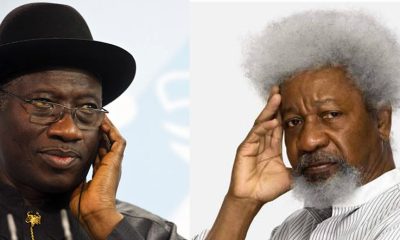
 metro3 days ago
metro3 days agoPresidency blasts Jonathan, Soyinka over comments on emergency rule in Rivers
-

 Health21 hours ago
Health21 hours agoNigerian doctor pioneers W’Africa first robotic prostate cancer surgery
-
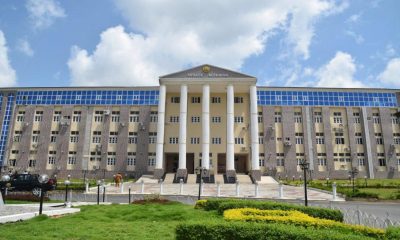
 metro2 days ago
metro2 days agoAdeleke University didn’t suspend Muslims for praying – MSSN
-
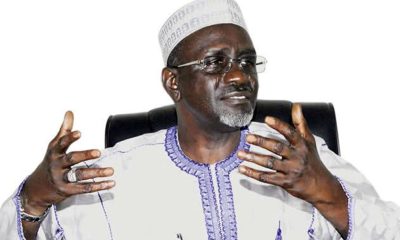
 Politics3 days ago
Politics3 days agoAtiku, Obi, El-Rufai’s coalition can’t unseat Tinubu – Shekarau
-

 metro3 days ago
metro3 days agoDisregard court order against Rivers Administrator, says Fubara’s aide

